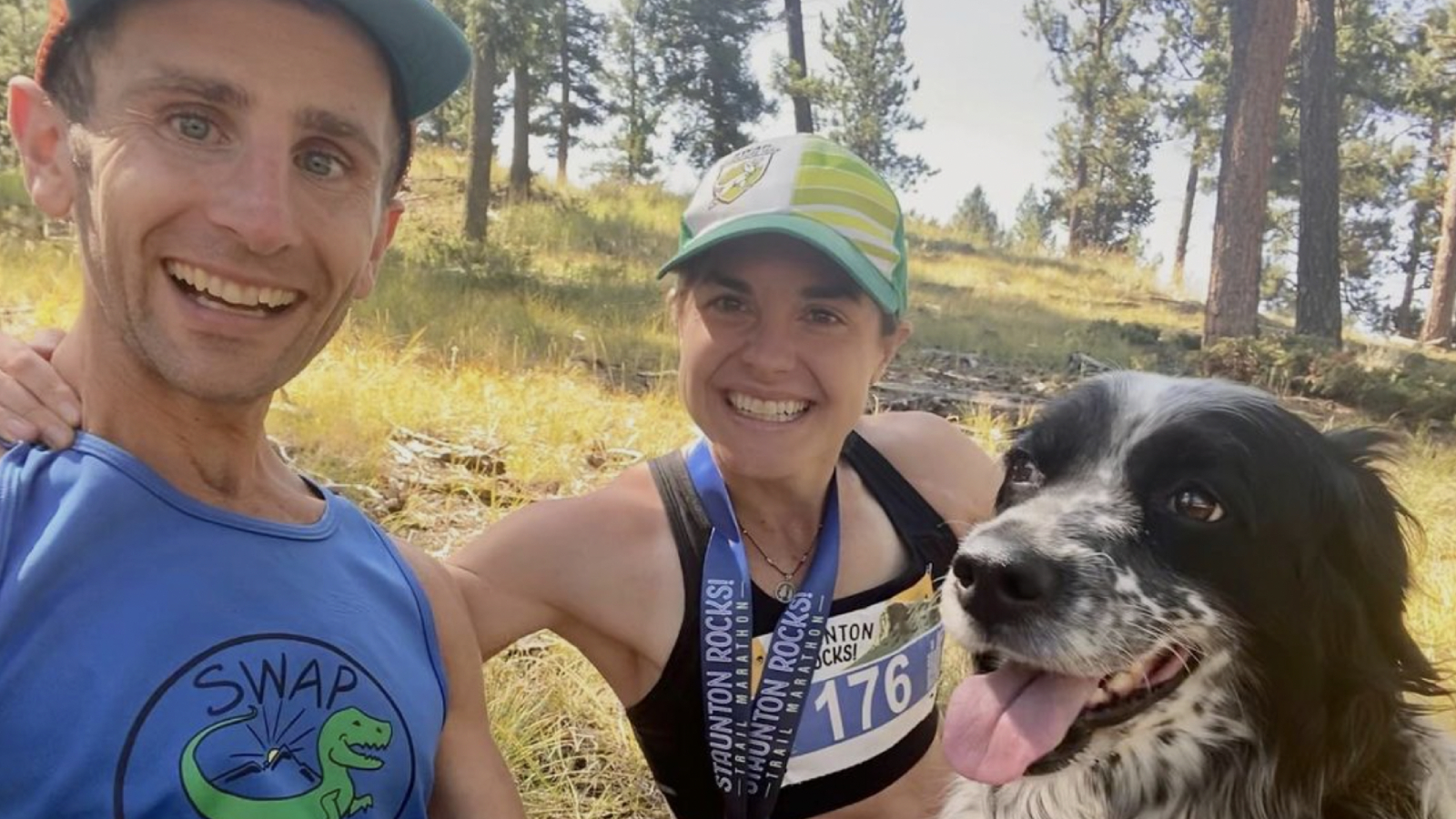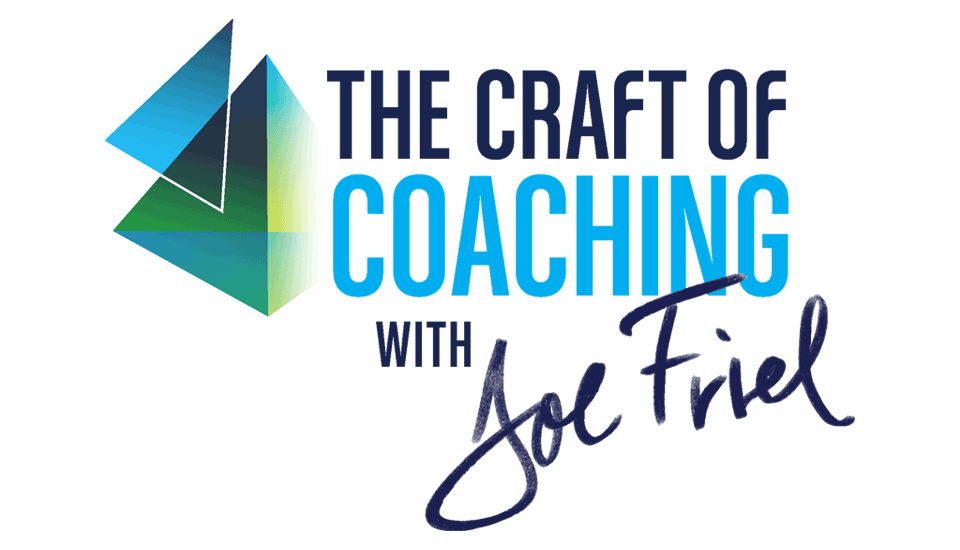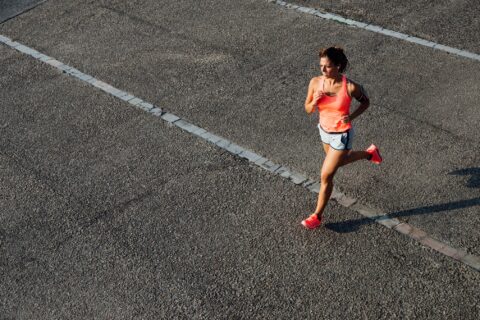The backstory of SWAP Running attests to the value of curiosity, naivety, and a good dose of grit. David and Megan Roche channeled their love for the sport into a coaching business with a reputation for winning.
The backstory of SWAP Running attests to the value of curiosity, naivety, and a good dose of grit. David and Megan Roche channeled their love for the sport into a coaching business with a reputation for winning.





